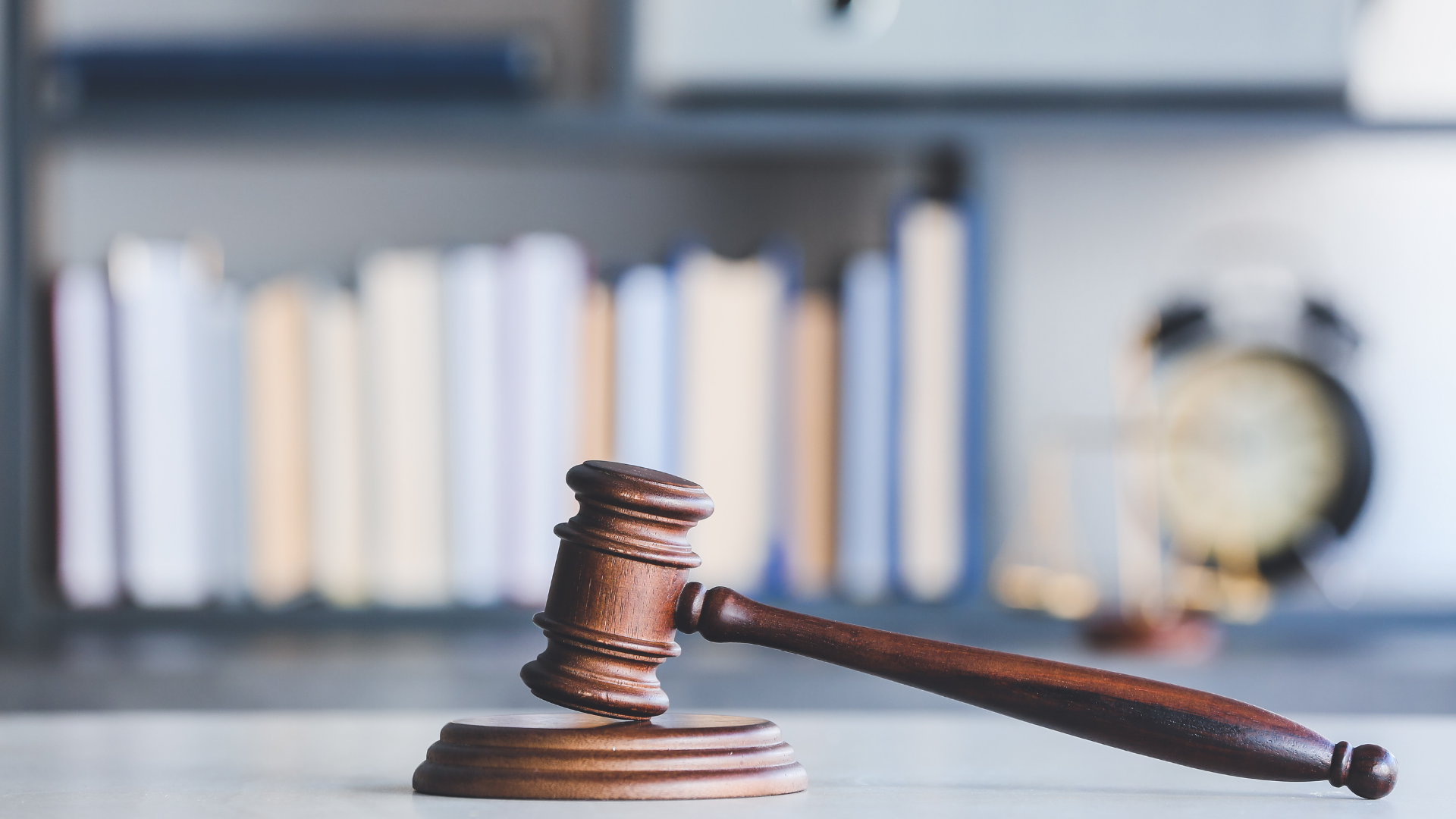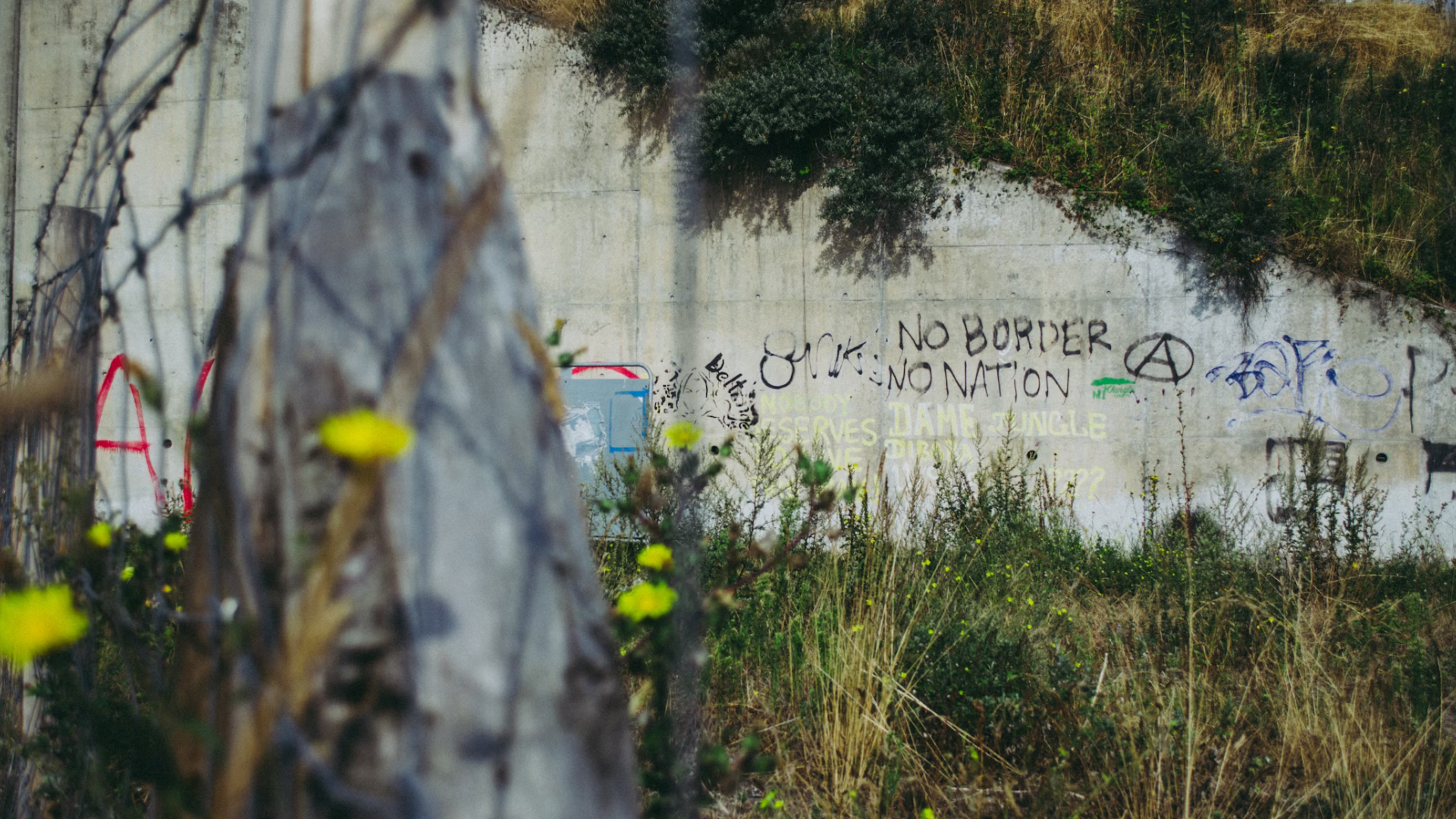Jakarta’s age-old problem of air pollution reached record heights in 2023, posing significant health risks to its residents. Rafsi Albar scrutinises the government’s response through a human rights lens.
The Indonesian public is appalled by the worsening air quality in Jakarta. The city has, for years, been plagued by worsening air quality. However, recent months have been the worst in city history. Recent reports by IQAir consistently rank Jakarta as one of the top 10 most polluted cities since May 2023, with June 14 and August 9 being the days it peaked as the world’s first most polluted city. This problem extends beyond the capital; at least seven cities in the neighbouring regions suffer from even worse fates due to wind patterns.
In response to the worsening situation, President Joko “Jokowi” Widodo convened officials in an ad hoc meeting to find solutions. In concrete terms, the meeting resulted in the government ordering state apparatus to work from home (WFH) and creating a task force to handle the situation further. The Minister of Law and Human Rights affirmed the decision to implement WFH for its employees, citing health as a human right.
A hypocritical act of sympathy
In September 2021, Jakarta’s residents were declared victorious in a landmark citizen lawsuit against various government institutions including the Jakarta administration, several ministers, and even the president for their failure in tackling the city’s air pollution problem. The ruling was made after two years of citizens eagerly waiting for justice for the thousands of deaths attributable to the same.
The government attempted to appeal the decision. This was perceived to be a defensive move, revealing the government’s lack of cooperative action. In 2022, the Jakarta High Court earned praise for rejecting this appeal. The judges reaffirmed the lower court’s reasoning that “[they have] been negligent in not fulfilling their obligations in ensuring the right to good and healthy [living conditions], which has resulted in poor air quality in the Special Capital Region of Jakarta.”
Despite this ruling and the 2023 actions, the government has largely failed to address this issue and improve the quality of life for its citizens. The right to health, as quoted in both instances, are used largely as buzzwords to appease the public.
The right to health is one of the most fundamental forms of human rights. This is connected to the right to life itself as stipulated under Article 3 of the Universal Declaration of Human Rights. This right is further elaborated by the International Covenant on Economic, Social and Cultural Rights; Article 12 stipulates the need for the highest attainable standards of physical and mental health. Indonesia ratified the ICCPR in 2005 alongside seven of eight other instruments under the UDHR regime, then extended at the regional level through the ASEAN Human Rights Declaration. Article 28 states that the right to adequate living standards takes multiple forms including a safe, clean, and sustainable environment.
While these voluntary pledges lack legal obligations, they remind the Indonesian government to address environmental issues like pollution promptly, preventing health crises and demonstrating a commitment to the well-being of their citizens. Yet the exact opposite is seen to be the case today. The government has not made meaningful progress in the past couple of years, and the proposed solutions are short-term – casting doubts over seriousness.
Steps to making real change
The government should first seek to understand the root causes of worsening air quality in Jakarta. They have claimed motorised vehicles and weather to be the combination that caused the event. In response, the government encouraged citizens to shift to using electric vehicles. Alas, this kind of proposition seems to be unrealistic at the present since the average price of EVs is still substantially higher than internal combustion vehicles. By extension, the government in this statement has failed to acknowledge the fact that coal is still the predominant source of electricity in the country,
In mid-August, the government commenced work to monitor coal-powered electricity generation plants, the current ‘accused’ in Jakarta’s pollution case. The public’s optimism and hopefulness should not be held without caution given the government’s history of inaction and defensiveness. The media, environmentalists, and international watchdogs play critical roles in ensuring that the government not only acknowledges the severity of the crisis but also takes swift and effective measures accordingly.
All articles posted on this blog give the views of the author(s), and not the position of the Department of Sociology, LSE Human Rights, nor of the London School of Economics and Political Science.
Image credit: Greencardshow via pixabay



